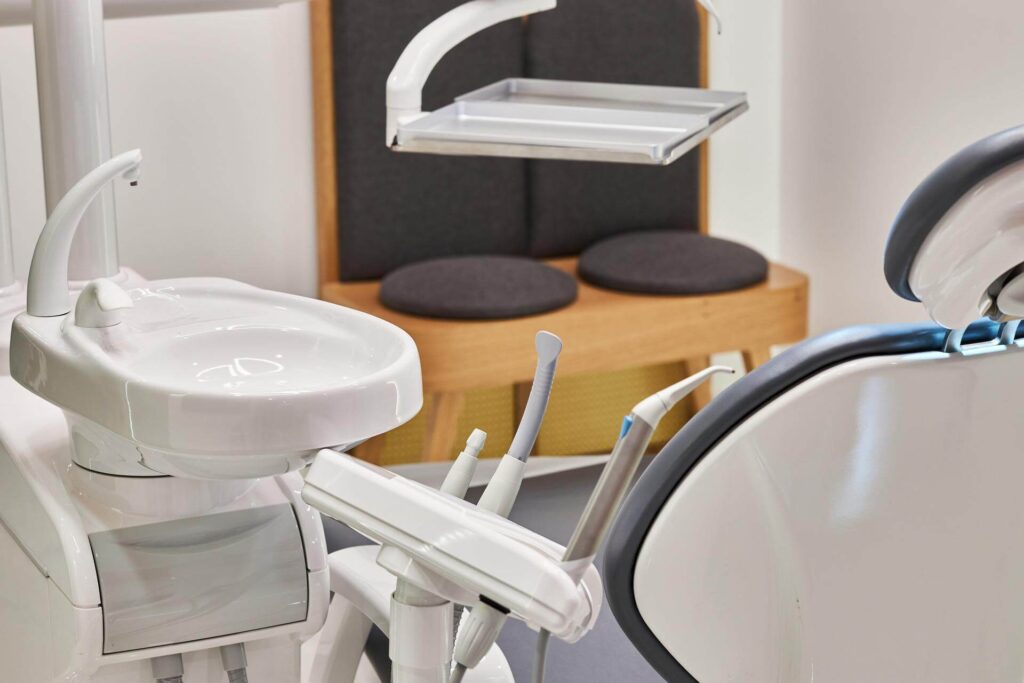What Are The Bumps On The Back Of My Tongue?
Everyone has bumps on their tongue, these bumps are known as papillae (sometimes you can get bumps on your tongue that are not papillae). Papillae do a number of things, mainly they are responsible for your sense of taste, and touch. Most of the time papillae should not be visually concerning regardless of size or color, however, sometimes they may show various symptoms. Swelling is a symptom that can make papillae more noticeable. Swollen papillae are generally a temporary condition but it can make eating, talking, and tasting difficult, sometimes even painful.
There are four different types of papillae:
- Filiform papillae – These bumps are responsible for your sense of touch. They are small, cone-shaped, and they cover about two-thirds of your tongue.
- Foliate papillae – These are vertical folds on the sides at the back of your tongue, these contain numerous taste buds.
- Fungiform papillae – Mainly responsible for your sense of taste, these bumps are club-shaped and cover the sides of your tongue.
- Circumvallate papillae – These bumps are large, dome-shaped, and are located at the back of your tongue.

Diagnosing tongue bumps
If you are experiencing any of the following symptoms, it is important to seek medical attention: pain, difficulty swallowing or breathing, an inflammation of the tongue surface (i.e. swelling), and a redness or papillae on the tongue surface. Once your diagnosis has been made, treatment typically involves application of an ointment or cream to the bump and reducing friction with a spoon or ice pack. If this doesn’t relieve the discomfort, oral antibiotics may also be prescribed in order to fight against infection.
9 Causes For Irregular Bumps On Your Tongue
Injury
The most common way to injure your tongue is by biting it. This can happen to anyone and is a common cause of tongue injuries. If you do bite your tongue, it may become swollen, you will want to be careful if it does swell up since that can make it more likely for you to bite it again. Most superficial oral health injuries heal pretty fast so they should go away in a couple of days or less, however, if it appears to be lasting longer than usual, you should make a dentist appointment.
Foods And Beverages
If you consume something that is too hot it can very easily burn your mouth and your tongue. If it is not a significant burn it will heal and go away fairly quickly, during the healing process, you may temporarily notice a difference in taste as the bumps heal. A very bad burn is definitely worth an appointment. You can also irritate your tongue by eating sour, sweet, or acidic foods. If you notice symptoms after eating certain foods it may be a good choice to cut back on them.
Bacterial Infections
Canker Sores
Oral Thrush (Oral candidiasis)
Tuberculosis (TB)
Lie Bumps
Cancer
Allergies
Treatments for tongue bumps
Treatment of tongue bumps can vary depending on the cause. Oral tablets or ointments, oral rinses and mouthwashes may help to remove debris or bacteria that can contribute to the development of tongue bumps. If the bump doesn’t go away after using these treatments, see a doctor for further evaluation.
Other Symptoms Of Tongue Bumps
- Pain in the mouth or tongue when eating or swallowing.
- Cotton-mouth.
- White patches on the insides of the cheeks, the tongue, or the back of the throat.
- Bleeding from the bumps.
- Lump or swelling in the neck.
- Fever.
- Sickly feeling (malaise).
- Trouble speaking or moving the tongue.
- Change or loss in taste sensation.
When Should You Make A Dentist Appointment?
- Symptoms lasting longer than one week.
- Rapidly growing, spreading, or bleeding bumps.
- Bumps keep returning after healing.
- Inability to eat or drink.
How To Prevent Irregular Bumps On Your Tongue
- Brush teeth at least twice a day.
- Use a stainless steel tongue scraper to remove bacteria from the tongue.
- Floss at least once a day.
- Regular visits to the dentist (twice a year is recommended).
- Avoid acidic foods that irritate the tongue.
- Limit alcohol use.
- Avoid sugary foods that increase the chances of tooth decay.
- Rinse the mouth thoroughly after using medications such as steroids or inhalers.
